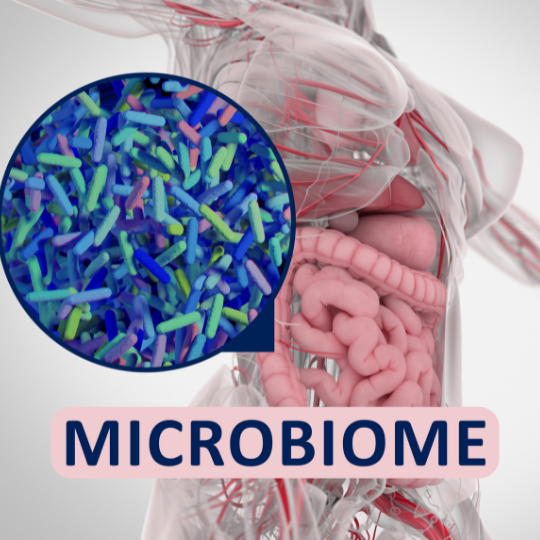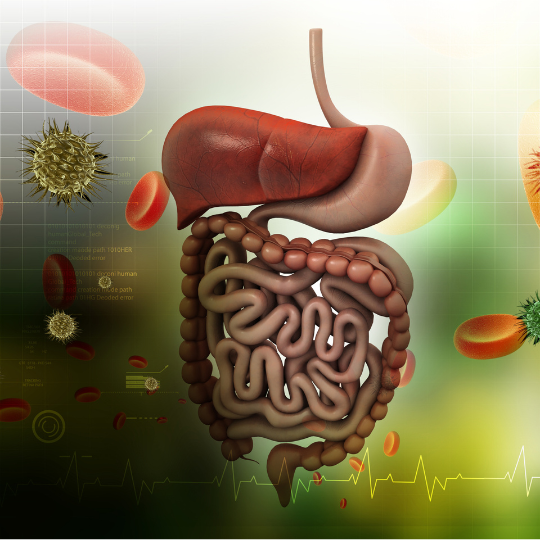The circulatory system is a vital component of the human body, responsible among others for transporting oxygen, nutrients, and hormones to cells and organs throughout the body. It is made up of the heart, blood vessels, and blood. Optimal circulation is essential for maintaining the health and function of the body’s cells and tissues and there are several ways to assess the healthiness of the circulatory system, including measuring blood pressure, checking the pulse, and performing blood tests.

Cardiovascular assessment
One way to assess the healthiness of the circulatory system is by measuring blood pressure, which is the force of blood against the walls of the blood vessels. It is expressed as two numbers:
- systolic pressure (the higher number) measures the pressure in the blood vessels when the heart is contracting
- diastolic pressure (the lower number) measures the pressure in the blood vessels when the heart is relaxed.
Normal blood pressure is typically considered to be a systolic pressure of less than 120 mm Hg and a diastolic pressure of less than 80 mm Hg. High blood pressure, or hypertension, is a common condition that can lead to serious health problems, including heart attack, stroke, and kidney damage. High blood pressure, alongside smoking and abnormal blood lipid levels are the 3 major risk factors for cardiovascular disease.
Another way to assess the healthiness of the circulatory system is by checking the pulse. The pulse is the rhythmic expansion and contraction of the arteries as blood is pumped through them by the heart. It can be felt at various points on the body, such as the wrist, neck, or chest. The strength and rate of the pulse can provide information about the health of the circulatory system. A weak or irregular pulse may be a sign of a problem with the circulatory system, such as poor blood flow or a heart condition.

Blood tests can also provide information about the health of the circulatory system. These tests can measure various factors in the blood, including the levels of red and white blood cells, the amount of oxygen and carbon dioxide in the blood, and the concentration of various substances, such as cholesterol and glucose. Abnormal results from these tests can indicate problems with the circulatory system, such as anemia, infection, or various forms lipidemia, a major cardiovascular risk.
Behind the scenes of blood pressure
The renin-angiotensin-aldosterone system (RAAS) is a hormonal system that plays a key role in regulating blood pressure and fluid balance in the body. The RAAS is activated when blood pressure falls below normal levels. It works by releasing the hormone renin, which converts a protein called angiotensinogen into angiotensin I. Angiotensin I is then converted into angiotensin II, which constricts the blood vessels and increases blood pressure. The RAAS also releases the hormone aldosterone, which helps the body retain sodium and water, further increasing blood pressure.
Problems with the RAAS can lead to imbalances in blood pressure and fluid balance, which can have serious consequences for the circulatory system. For example, uncontrolled high blood pressure, or hypertension, can damage the blood vessels and increase the risk of heart attack, stroke, and kidney disease. Low blood pressure, or hypotension, can also be problematic, as it can cause dizziness, fainting, and impaired organ function.

A weak circulation can also lead to a variety of other problems. Poor blood flow can result in a lack of oxygen and nutrients being delivered to the body’s cells and tissues, leading to fatigue, weakness, and impaired organ function. A weak circulation can also increase the risk of blood clots, which can cause blockages in the blood vessels and lead to serious problems such as heart attack and stroke.
Behind the genes of blood pressure
There are several genetic predispositions that can influence the function of the renin-angiotensin-aldosterone system (RAAS) and the circulatory system. Single nucleotide polymorphisms (SNPs) are variations in a single nucleotide (a building block of DNA) that can affect the structure and function of proteins. Some SNPs in genes involved in the RAAS and the circulatory system have been linked to an increased risk of cardiovascular disease and other health problems.
One example of an SNP that can influence the RAAS is in the NOS3 gene, which codes for an enzyme called nitric oxide synthase (NOS). NOS plays a key role in regulating blood pressure and blood flow. The NOS3 SNP rs2070744 has been associated with an increased risk of hypertension and cardiovascular disease.
Other SNPs that can influence the RAAS include those in the AGT, REN, and ACE genes. The AGT SNP rs699 has been linked to an increased risk of hypertension, while the REN SNP rs2575 has been associated with a decreased risk of hypertension. The ACE SNP rs4343 has in turn been linked to an increased risk of hypertension and cardiovascular disease.
The scene: behavioural changes
There are several ways that individuals with genetic predispositions for problems with the RAAS and the circulatory system can address these through lifestyle, nutrition, and supplements. Some strategies include:
- Maintaining a healthy diet: A diet rich in fruits, vegetables, whole grains, and lean proteins can help to lower blood pressure and improve cardiovascular health. Avoiding processed and high-fat foods can also be beneficial

- Engaging in regular physical activity: Exercise can help to lower blood pressure and improve cardiovascular fitness. Aim for at least 150 minutes of moderate-intensity exercise per week
- Managing stress: Chronic stress can increase blood pressure and contribute to cardiovascular disease. Finding ways to manage stress, such as through meditation, yoga, or therapy, can be beneficial
- Custom, science-backed supplements: There are several supplements that have been shown to be effective in supporting cardiovascular health. These include omega-3 fatty acids, magnesium, and Coenzyme Q10 (CoQ10). It is important to consult with a healthcare professional before starting any new supplement regimen, to make sure the exact supplements and dosages are right for you.
In your genetic and metabolic optimization journey, these are but just a few things we delve into at NutriFix, guiding you through the process.













